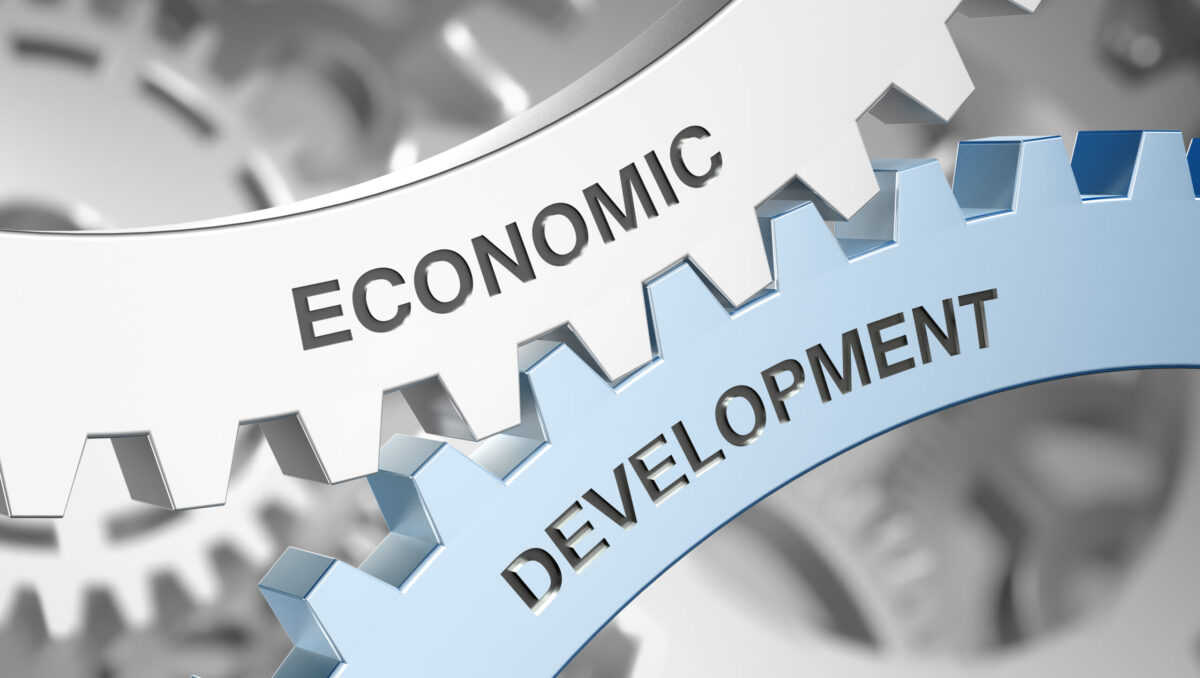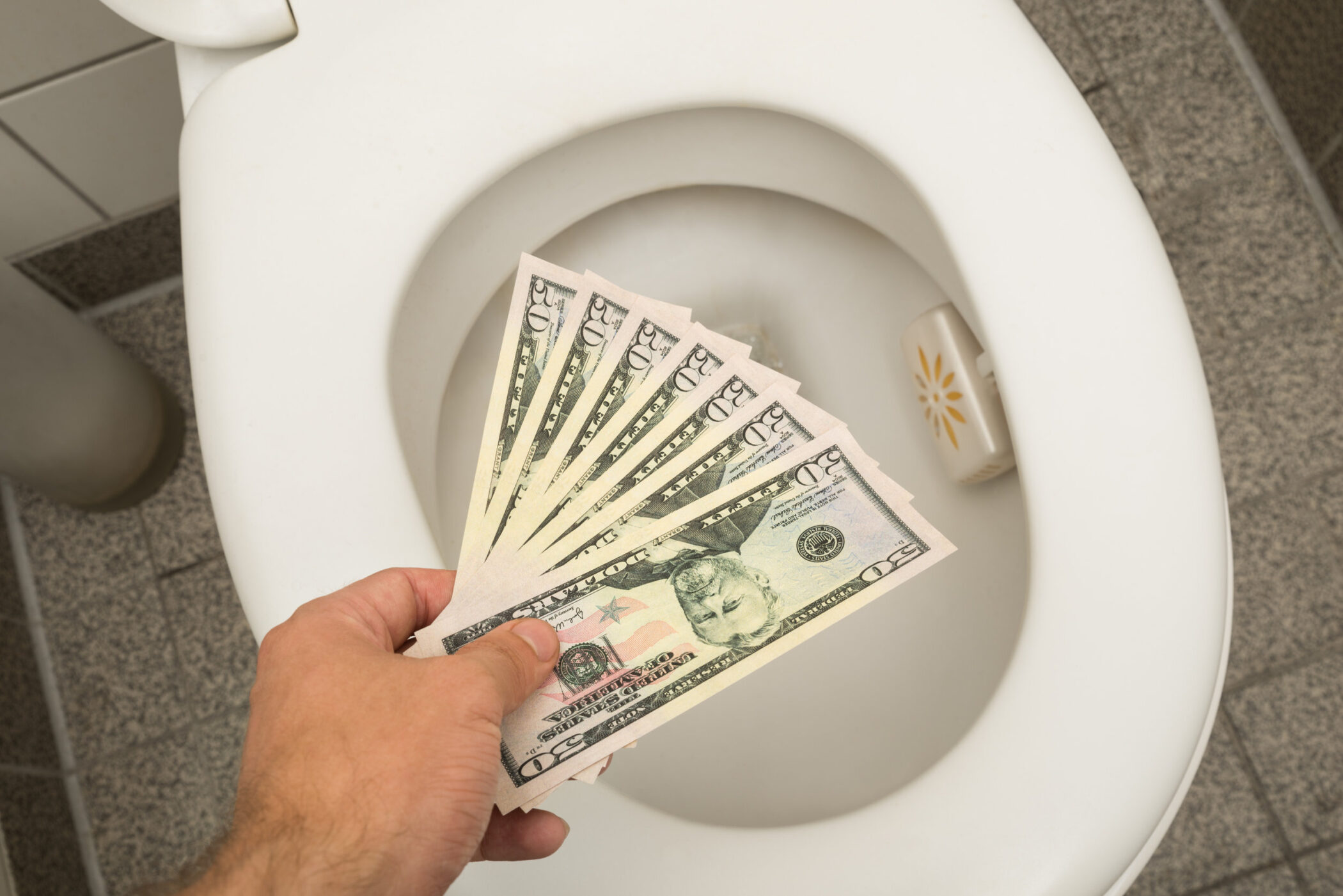Not only are Kansans paying higher utility rates — as much as 35% higher than some surrounding states — but they are also reimbursing utility companies for a state income tax they do not actually pay.
Jim Zakoura of Kansas Industrial Consumers Group and Kansans for Lower Electric Rates said residents should take a closer look at their bills as there are several taxes baked into the bills.
Bogus state income tax charge
The Kansas Corporation Commission approves rates requests and allows utility companies to include the estimated cost of state income tax in their rates, even though they don’t pay state income tax.
Zakoura said two senators sent a letter to the KCC asking about state income taxes on utilities and KCC responded that none of those companies have paid state corporate income tax for at least five years.
Zakoura said his group is supporting legislation — Senate Bill 126 — which would eliminate the state corporate tax rate on utilities because they simply pay no taxes to begin with.
He also noted that the state budget director said in a financial note to the proposed legislation that it would have no effect on the Kansas budget to eliminate the corporate tax rates because companies don’t end up having to pay any.
“According to the Kansas Corporation Commission, enactment of SB 126 would have no effect on agency expenditures or revenues,” the note from state Budget Director Larry L. Cambell reads. “Enactment of the bill would exempt four electric and eight gas utilities that are subject to the KCC jurisdiction from paying state income tax. These utilities, although not currently exempt, do not pay state income tax because of business losses or other adjustments; thus, the Department of Revenue is unable to determine what the fiscal effect, if any, on the agency or state revenues might be.”
Zakoura said the upshot is customers are being overcharged on their utility rates.
“What we have is a situation for that for many years. The electric and gas utilities have charged retail ratepayers $35 to $50 million a year for state income taxes that they do not pay,” Zakoura said. “That is a formulaic calculation, but it defies reality because they don’t pay tax.”
Sales and property tax passed on to customers
Utility companies do pay sales and property taxes and pass them on to customers. Sales tax is added to monthly bills where applicable but property tax is included in utility rates.
“Kansas assesses public utility property at the highest assessed valuation which is about 33%,” Zakoura said. ” So you have in certain counties, far from all counties, large facilities that are taxed really highly. For instance, Coffee County has the Wolf Creek nuclear station. I think up north there’s say there’s the Jeffrey Energy Center I want to say maybe in Dickinson County, then you have in Linn county the La Cygne power station. So you have those items which are assessed at this rate. Most of the property tax goes to the counties it does not go to the state or the cities. It goes to the counties for then whatever distribution that they have.”
Zakoura said wind facilities are currently a significant portion of generating capacity, but thanks to the exemption pay no property taxes at all.
“Wind facilities which are highly valued, the ones that went up Thomas County, for instance, I think that investment was in the Colby was $650 million, but they don’t pay any property tax,” he said. “So, we have this kind of contrast between, let’s call it the old type of generation, and the new generation. And whatever these amounts are paid, let’s say where Wolf Creek is. all of those taxes are passed to retail ratepayers, without question.
“Retail ratepayers pay 100% of the taxes of the utility companies. And that’s true, whether and investor-owned utility like Westar or KCP&L, or electric Co-op or municipal company.”
Zakoura said those property taxes amount to somewhere between $150 and $200 million which is passed on to customers in the form of higher utility rates.
“You know, whatever the tax structure is in Kansas, it’s all passed through to the retail rate payers,” he said. “And in that regard, it’s fair to call that if not a hidden tax, the tax is not very transparent because people don’t know they’re paying it.”
Moreover, Zakoura said, while the state has no sales tax on electrical power, every city and county does — on top of the franchise fee, which is typically between four and five percent, that the city and county charge for the monopoly in their area.
“If you look at your bill, there’s a line on there that will tell you exactly how much is the tax portion of the bill,” Zaokoura said. “The State has no state sales tax on utility charges. But the counties and the cities all charge taxes, and there’s of course, the franchise fee, which is typically 5% which is a very significant number. The counties and cities … they charge whatever their mill levy, whatever their tax amount is. You get a franchise fee, then you get a city tax and then you pay a county tax.
“Just tax, on tax, on tax isn’t it?.”




